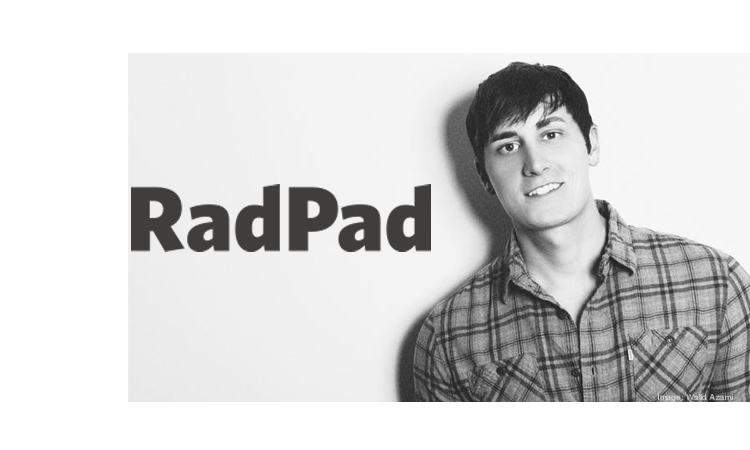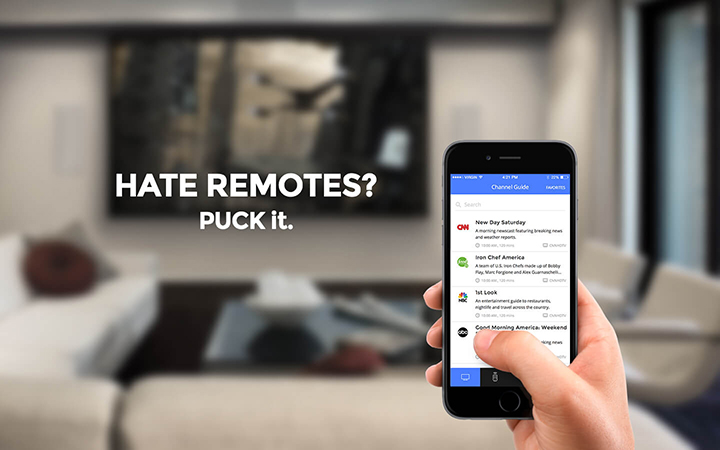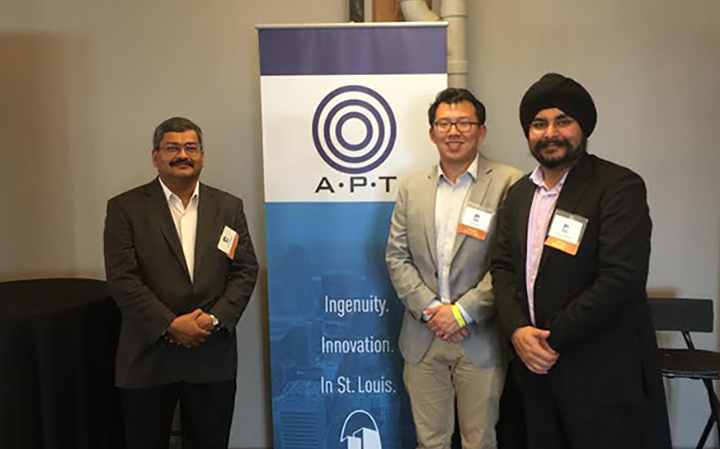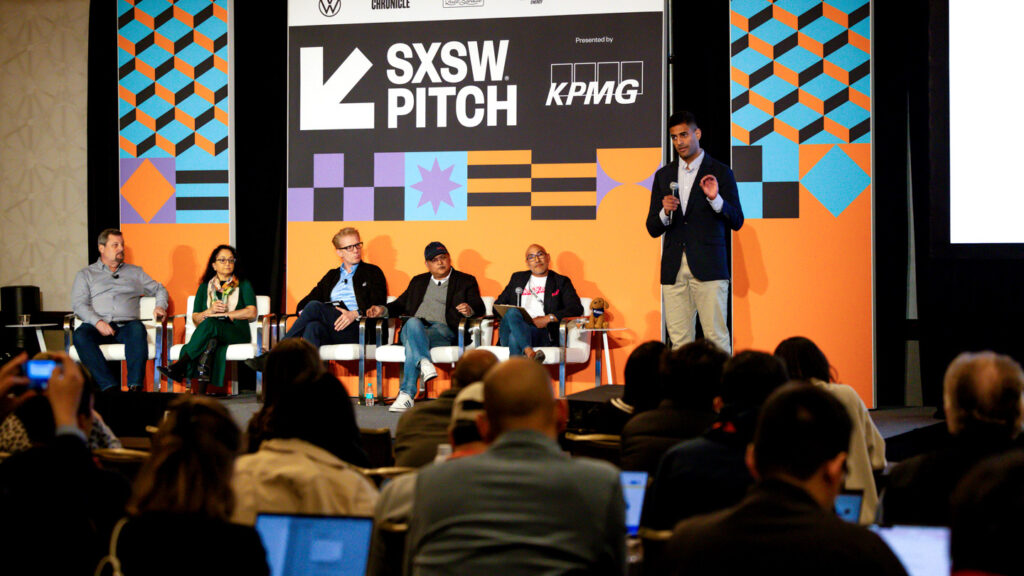Jonathan Eppers, RadPad’s co-founder and CEO, started the company because he was looking for an apartment. RadPad was his solution. It turned out to be a good one. It’s received $12.8M in five rounds from 19 investors, some of whom are superstars in the LA startup ecosystem, like AmplifyLA, Brian Lee, Mike Jones, and Chris Ovitz.

RadPad’s Jonathan Eppers with co-founder Tyler Galpin
‘I’m 32 and one of the things I love about renting is that it’s convenient,’ Jonathan told me in a phone interview. ‘I don’t feel like I’m held down or tied down to anything.’ He describes a period about three years ago when he was in a bit of a funk. He thought a change of scenery and new apartment would do him good. But he quickly became overwhelmed with how difficult it was to find great places. The US rental market, Jonathan told me, has grown in the past five years from 97 million renters to 108 million. New grads fresh out of school are not buying homes. They’re renting. A renter can live in a desirable neighborhood he or she could not afford to buy in, and LA is the hub of this renting-not-buying behavior. ‘L.A. happens to be the second biggest rental market in the country. About 65% of everyone that lives in L.A., they’re actually renting. And so if you’re going to start a business in the rental market, it helps to be in the second biggest city in the country when it comes to renters,’ Jonathan said. The largest rental market in the nation is New York, and it might have made sense to look for capital there. Silicon Valley was, of course, also an option. Eppers thought LA was the best choice for the company. In 2007, he came to work for MySpace as a product guy in LA. He has seen the startup ecosystem develop here. ‘There’s less competition down here amongst other great companies like Google and Facebook, and we could maybe get access to talent more easily.’ He has discovered that really talented people seek out companies they want to work for. ‘Talented people typically aren’t on the job market. They’re not the kind of people who are going out and posting their resume.’ Finding great people is probably the hardest job of any startup CEO. Jonathan puts applicants through a ‘pretty rigorous technical interview,’ but recognizes that bringing anybody into a small team ‘can really impact the entire company.’ The fit has to be good technically, but also culturally. Startups are not nine-to-five jobs, teams are small, employees often wear many hats, schedules change. An applicant’s resume can’t express everything about them, so that’s why personal interviews are so important to the process for a startup. Let’s return to Radpad’s impressive funding record. Launched in LA, the company is expanding its coverage to Chicago and Washington, DC. Investors like to see large numbers of users, and that helps them see companies as billion dollar opportunities. Yet that is almost always a chicken-and-egg situation. It takes funding to expand a user base. RadPad found traction fairly fast, though, because the app was easy to use and driven by word of mouth successes. It was the proof of concept that investors needed to get it. Early round investors were also impressed with Eppers and his team. When he asked them, ’Why are you investing in us?’ They said, ‘We think that there’s something special about you and the team. And we’re really backing you right now, not so much the idea.’ That’s the kind of magic that investors either feel or don’t. With RadPad, their hunch turned out to be right.
Images courtesy: RadPad










